Clinical/medical waste collections
What is clinical waste?
Any waste which consists wholly or partly of:
- Human or animal tissue
- Blood or bodily fluids
- Excretions
- Drugs or other pharmaceutical products
- Swabs or dressings
- Syringes, needles or other sharp instruments
- Any other waste which may cause infection to any person coming into contact with it
What about clinical waste produced in a household?
- If patients are treated at home by a community nurse or member of the NHS, all waste produced as a result (syringes) is considered to be the healthcare professional's waste and they should take it away with them.
- If the waste is non-hazardous, and so long as it is bagged and sealed properly, it is okay for it to be disposed of with the household rubbish.
- If patients treat themselves at home, any waste produced as a result is considered to be their own.
- Only when a specific threat has been identified is the waste considered as hazardous clinical waste. For example, syringes and materials containing blood/tissue are classed as hazardous; in these cases the local authority is obliged to collect it separately from the household waste when requested to do so by the waste holder.
- In case of medicines, all unused medication should be returned to the nearest chemist for disposal.
Sharps
- Sharps including needles and syringes should never be put in normal refuse bin, even if they haven't been used. They should always be placed in a sharps box.
- Alternatively, we can collect and dispose of them safely - Sharps collections need to be booked in each time you need a collection. You can book up to 4 sharps boxes at a time.
For more information on medical waste collections, telephone the contact centre on 01744 676789 or use our online contact form.
Last modified on 15 August 2023




